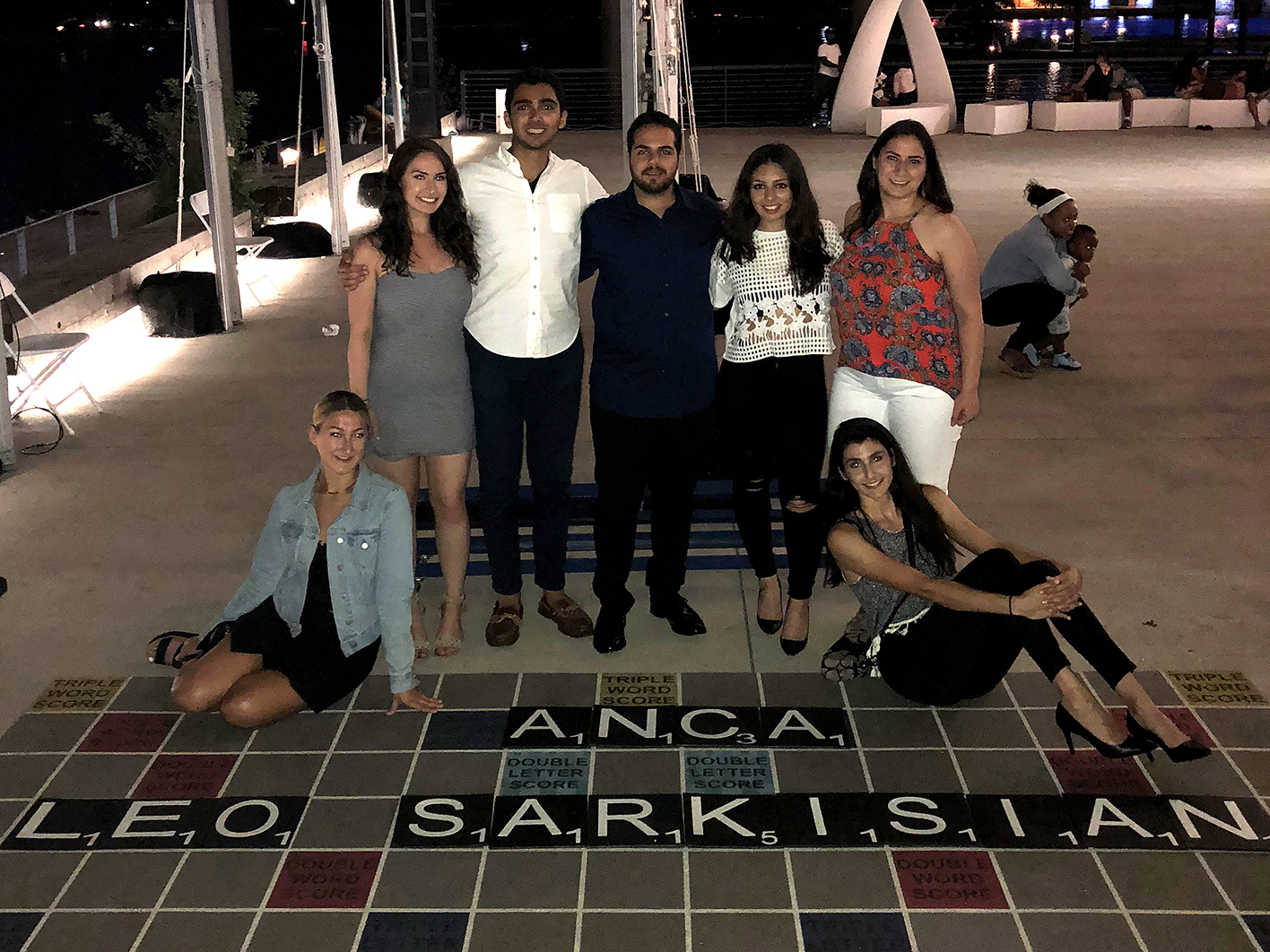
As I sit here and try to sum up the last eight weeks (which felt like two) into a few hundred words, I find myself struggling.
How does someone describe the creation of a family from complete strangers and the eye opening transformations we each went through, without completely butchering the natural beauty of it all (as I just did)?
After being involved in the Armenian community for some time, I needed a new perspective. So I packed my bags eight weeks ago in hopes of refreshing my Armenian spirit. What I discovered was an unexpectedly clear vision of what I want my role to be in the future of Hai Tahd (the Armenian Cause).
When I think about my childhood, I realize that being Armenian and fighting to keep my heritage alive had always been an uphill battle. It wasn’t until I was away from home, among Armenians with different perspectives, that I felt the need to self-reflect.
It is difficult to acknowledge something’s ambiguity when it’s all you’ve ever known. But feeling embraced by my heritage one minute and betrayed the next had been too familiar of a feeling lately and I felt the need for clarity. Living in an ever-changing world and having a culture that is slow to keep up, I feared drifting away.
During too many nights, when we fought against our tired, sleepy eyes discussing what we’re really fighting for, I found myself redefining what it means to be an Armenian. Being Armenian means you are part of a family no matter where you go. In Washington, D.C., three-thousand miles away from home, I did not spend one minute alone. I was living at the ANCA’s Aramian House with 13 other people. The house is comfortable and centrally located, but finding a place to be alone – both physically and mentally – was close to impossible. Also, Armenians tend to stick together. No matter where we are, no matter how distant we may feel, one phone call and you’ll have a house full of 70 people (when 14 is the maximum capacity) talking loudly, eating delicious food, and enjoying a couple (several) bottles of Ararat like they’ve known each other since birth. Being Armenian means if your cousin’s, husband’s, uncle’s, wife’s sister needs something you make a phone call to your brother, who then reaches out to his friend’s, sister’s, husband’s cousin to help you out. Being an Armenian means feeling like a true մասնիկ [part] of the land when you visit the motherland and always leaving with the desire to return.
But being Armenian can be challenging sometimes, especially if you’re a woman.
Being Armenian also means that when I get married in the church, I must agree to be հնազանդ [obedient] to my husband, and he must agree to be my տեր [master]. Marriage is not the union two equals; conversely, it’s a transfer of ownership from the father to the husband.
Being Armenian means that the day after the wedding, my family will be hosting a celebration of my virginity, appropriately called “կարմիր խնձոր” [red apple] where my in-laws will gift my parents, and thank them for providing the family a fresh, untouched apple. It means the only thing I’m ever going to be praised for is my beauty and cooking and cleaning abilities.
My intelligence will be deemed as a threat and not an asset; no Armenian man is going to want a woman who is smart and witty. It means that the tradition of giving toasts at parties is reserved only for the men. The women, not having a voice, are probably too busy in the kitchen preparing and serving the feast anyways.
I think it’s time that being Armenian didn’t mean the latter things. I think it’s time these traditions, that are beyond offensive, are not part of the narrative. It’s time I don’t feel less Armenian when I choose to stand up for my rights and my identity instead of following traditions that are centuries old.
I am a strong independent woman. Armenian history is filled with women who inspire me; I want to make them proud. By being part of the change I want to see, I’m not assimilating or drifting away; I’m anchoring myself. I am not less Armenian and I am not trying to be something I am not. Quite the opposite, being Armenian, with all its virtues and shortcomings, is in my blood and for the first time, I really know what that means to me and am willing to fight for it.
My journey began on a red-eye to DC and has ended with lots of teary red eyes of a different sort. As I’ll miss my new ANCA family and our adventures together, I know we are all parting ways as better Armenians and patrons of the Armenian Cause.
If you’re part of my ANCA family, I’ve loved every moment of this summer and am grateful I had the privilege of spending it making a difference with you, growing with you, traveling with you, and even bickering like siblings with you.
If you’re reading this because you care about the Armenian Cause and are worried for its future, don’t. The ANCA has advocates – soldiers, if you will – all around the world and it just trained six new ones who are ready to take on every challenge.
Lilit Bazikyan
UC Berkeley Class of 2020
ANCA Leo Sarkisian Internship 2018



Be the first to comment